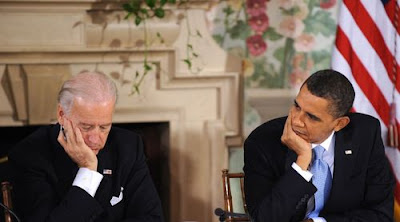"From the standpoint of governance, what is at stake is our ability to use the rule of law as an instrument of human redemption.
"We would no longer have to worry that our grandchildren would one day look back on us as a criminal generation that had selfishly and blithely ignored clear warnings that their fate was in our hands."I'm all for cleaner air, sustainable energy and oil independence, but I don't support crippling and uncompetitive cap and trade bills.
I'm not at all surprised the NYT editors turned off the web reader comments feature on this op-ed.


























